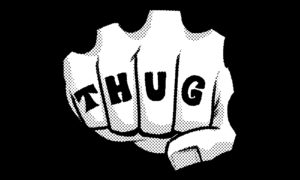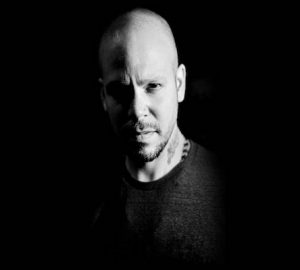
In an interview, Tupac Shakur described his attempt to evolve the word “thug” beyond its dehumanizing depiction of people of color growing up in poverty, to a word that describe someone who survives in spite of a difficult upbringing. Fast-forward nearly 20 years past the age of Tupac, the Rodney King case and the L.A. riots, and the word “thug” has not evolved, but instead, it has been appropriated by mainstream culture.
I have seen many videos in my Facebook feed featuring smart-mouthed children or strong-willed cats with “thug life” hashtag across the bottom. “Thug life” has become synonymous with “boss,” meaning that a person has little regard for the judgement of others and will unapologetically express themselves. However, when applied to Richard Sherman speaking energetically to a news reporter or people of color protesting police violence, the term is no different than the “N word.”
The word “thug” originated in India and described robbers and assassins who committed crimes against citizens. This same term is applied to people of color today who, after years of dealing with systemic racism in the justice system, took action that they believed was necessary after all other measures to implement change failed. Even after the internet adopted “thug” as a term of empowerment to resist authority, people still use this word to dehumanize people of color and to dismiss any rage they have against an unethical system as nothing more than a manifestation of biased media.
The dual meaning of this term illustrates the myth of the post-racial society. Even though people of color embody the spirit of rebellion that is celebrated in the phrase “thug life” on the internet, they are accused of being no different than murderers and thieves.



























